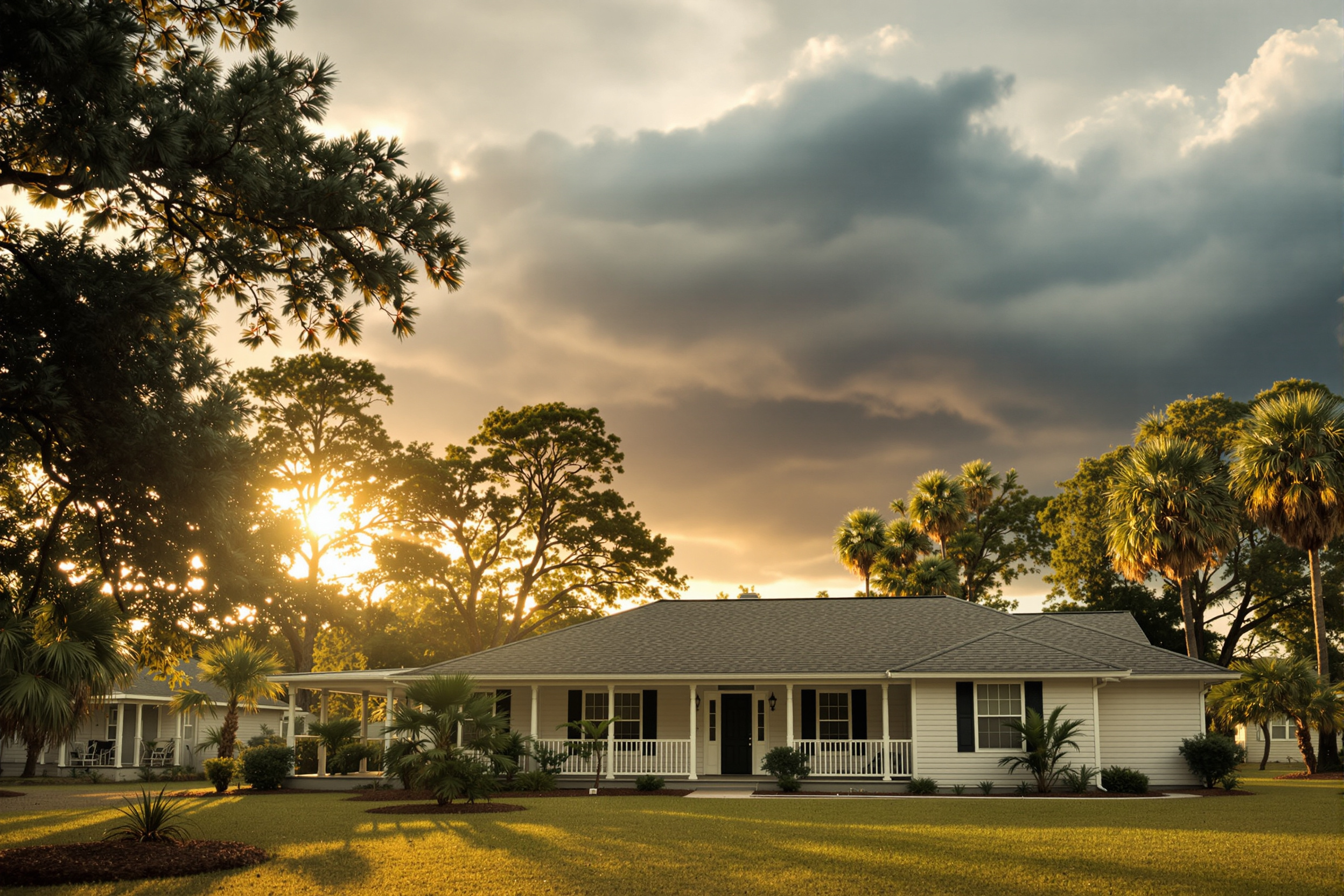Commercial and residential real estate owners, investors, and tenants typically look to secure property insurance to mitigate their risks should unforeseen events occur, such as weather-related incidents, theft, or vandalism. While residential properties often are insured for loss, damage, and liability, commercial real estate insurance also might cover costs such as loss of inventory and equipment due to a covered unexpected circumstance. Commercial property insurance premiums can vary widely, so looking at what goes into pricing a policy is important.
To see if your commercial property insurance is really costing you, get an updated landlord insurance quote that is easy, fast, and personalized for your property. Just provide a few basic details for your property and see what kinds of rates you should expect!
What factors impact the price of commercial property insurance?
Insurance premiums take into account factors such as the construction and age of the building, the location and how it is being used.
Construction and age of property: Building materials impact insurance prices, as some materials are more susceptible to damage. For instance, a wood building may sustain more damage from a fire or high winds than a brick building, which could make wood buildings costlier to insure. Older buildings without modernized infrastructure, such as electrical wiring, also might carry a higher insurance price tag.
Location and Safety Equipment: Properties located in urban areas near firehouses and fire hydrants — or which have sprinklers installed within the building — may receive a lower insurance rate.
Other risks associated with the property’s location also are taken into consideration when determining insurance rates. For instance, commercial property in a high-crime or earthquake-prone area could cause insurance rates to be higher.
Further, neighboring properties can influence a commercial property insurance estimate. If the property sits near a business that uses hazardous materials, the risk is higher than the site being insured could sustain damage, causing insurance rates to rise.
Tenant: What the site is used for also impacts the insurance premium. Some businesses are viewed as higher risk than others and insurance companies will charge accordingly. For instance, commercial real estate used for a restaurant is often more costly to insure than a law office due to potential kitchen hazards.
How are commercial property insurance premiums calculated?
In general, commercial property insurance rates are calculated by determining the value of the building and its contents and multiplying that value by its risk factors. To determine the value of a property, insurance companies typically evaluate either the replacement cost or the actual cash value. The replacement cost is the amount of money needed to replace damaged or destroyed buildings, equipment, and furnishings. The actual cash value is the replacement value of the property less depreciation for age and wear and tear. Actual cash value insurance policies are often less expensive than replacement cost plans, but replacement cost plans provide more compensation.
What is covered under commercial property insurance?
Commercial property insurance can cover a range of potential risks associated with owning or leasing a property. These include replacement costs or repairs to a property; items within a building, such as furniture and inventory; and signs for the business. It also can include insurance to cover items owned by someone other than the property owner or lessee that are housed at the property.
What is not covered under commercial property insurance?
Commercial property insurance covers many potential losses. But depending on the policy a business chooses, additional insurance may be required to cover incidents such as loss of income if a business is interrupted due to an unexpected event, such as a fire. Commercial property insurance also might not cover areas such as theft by an employee.
How much does commercial property insurance cost?
There are many variables that determine the cost of commercial property insurance. The average business pays between $1,000 and $3,000 annually per million dollars of coverage, according to HowMuch.net, a financial information website. The average commercial property insurance cost for businesses is $742 per year, according to the website’s research.
How much insurance do I need for a commercial property?
The amount of necessary commercial real estate property insurance coverage varies. It depends on what a tenant or owner wants to be covered — plans can be customized for each business. Purchasing insurance can be expensive, deterring some people from purchasing a higher-priced policy. The plan should fit in the budget but also provide the necessary coverage to mitigate risks.
Home-based businesses also should consider purchasing commercial property insurance. The plans can cover costs for equipment and data lost due to unforeseen events that are part of the policy.
Commercial property insurance can provide peace of mind to real estate owners and tenants by reducing the risks associated with unexpected circumstances, such as a fire. Knowing what parts of the business and property are necessary to cover and what insurance companies consider when calculating premium costs should be taken into account before choosing a plan.
When it comes to choosing a plan, let Obie do the work. No paperwork. No hassle. Start your quote today.







